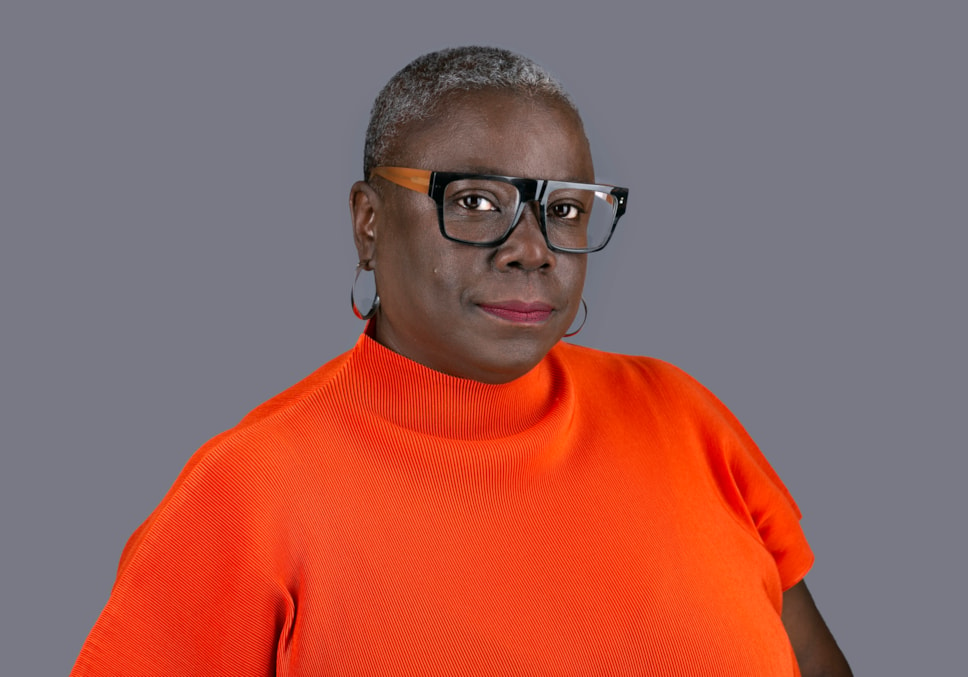
We’re right to celebrate gender pay equality – but the ethnicity pay gap shows there’s still more to do
Our latest pay equality report was published this week, showing that Hackney stands out as one of the few local authorities where women earn more than men.
The gender pay gap, the difference in pay between women and men, has historically favoured men across various sectors and workplaces. Hackney Council’s achievement is underpinned by our nationally recognised and equality-proofed pay and grading system, ensuring fair pay and equal opportunities to women across the organisation.
Over the past year, Hackney Council’s gender pay gap has further increased in favour of women – while men and women are paid equally for the same job, in 2023 on average women across the Council received £1.06 for every £1 earned by their male colleagues.
While this can be in part attributed to the increasing number of men in lower paid roles, additionally, the last year has seen more women assuming senior positions at the council.
This includes our interim Chief Executive Dawn Carter-McDonald, and Hackney’s first woman directly elected Mayor, Caroline Woodley. Having diversity at the very top of the organisation is vital in showcasing potential career paths for young people and more junior colleagues.
The report, however, highlights that there is still much more to do. Our Black and Global Majority employees are still more likely to have lower paid roles, earning on average £1 for every £1.14 received by their White colleagues. While this gap has decreased for the third consecutive year, indicating that we are moving in the right direction, there is an acknowledgement that more needs to be done.
We choose to publish the ethnicity pay gap when there is no legal requirement to do so, emphasising the council’s commitment to confronting this challenge head on and by openly challenging ourselves to address the issues we aim to change.
We’re committed to the equality and diversity in our workforce and will continue to work to narrow both pay gaps, starting by developing opportunities for more colleagues to move into more senior positions.
While there is still much to do to achieve genuine pay equality, transparency about our challenges puts us in a better position to achieve it.
Cllr Carole Williams, Cabinet Member for Employment, Human Resources and Equalities
Read the Gender and Ethnicity Pay Gap 2023 report
